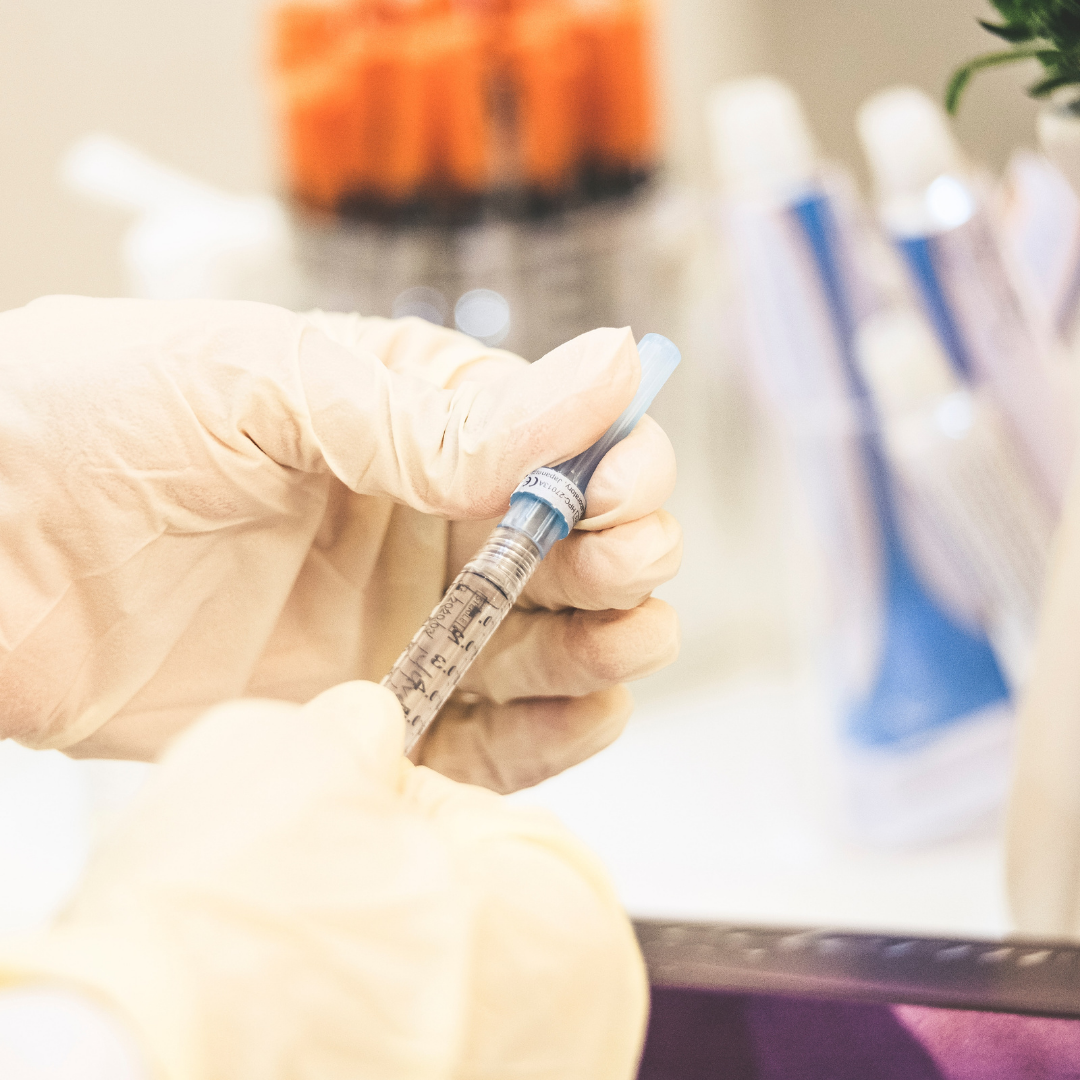Scientists have created vaccines for many different diseases, from polio to chickenpox to the flu, and now they are in the process of developing one for type 1 diabetes (T1D). T1D develops when the body mistakenly attacks and destroys insulin-producing pancreatic beta-cells. These cells are vital for naturally controlling the amount of glucose in the bloodstream. This new vaccine is geared toward preserving insulin-producing cells by targeting the glutamic acid decarboxylase (GAD) protein.
Around half of the patients with T1D have an immune system gene know as HLA-DR3-DQ2, which is a specific version of the human leukocyte antigen (HLA) gene. This particular variant triggers the body to produce antibodies against the GAD protein and destroy insulin-producing beta-cells, which increases the risk of developing T1D. If this process can be stopped or delayed, and patients can retain even some natural insulin production, it could benefit their overall health and reduce the risk of hypoglycemia.
The diabetes vaccine increases exposure of the cells to GAD to improve the immune system’s ability to tolerate the protein and not launch an attack on pancreatic beta cells. This may enable patients to retain more natural insulin and better regulate glucose levels.
To test this theory, researchers conducted a phase 2 clinical study involving 109 patients ages 12 to 24 who had been diagnosed with T1D within the past six months. The HLA-DR3-DQ2 gene variant was present in about half of the patients.
Patients were randomly divided into two groups, one of which received the diabetes vaccine and one of which received the placebo. The vaccine was administered once a month for three consecutive months. Natural insulin production, blood sugar levels, and daily supplementary insulin use were recorded at the study’s beginning and then again 15 months later.
The results showed that “as a whole, there was no difference in treatment and placebo groups. But the subset of patients who had the HLA-DR3-DQ2 variant did not lose insulin production as quickly as other patients did.”
For patients with this specific gene variant, the diabetes vaccine may be beneficial in preserving natural insulin production and slowing or stopping the progression of T1D. More research and more extensive studies are needed to further study the potential benefits of the vaccine and its use in treating patients with T1D.
Though not involved with this study, the Diabetes Research Connection (DRC) is dedicated to improving prevention, diagnosis, treatment, and quality of life for patients with type 1 diabetes and one day finding a cure. This vaccine could be a step in the right direction toward altering the progress of the disease. The DRC is interested to see what future studies reveal.
The DRC provides critical funding to early-career scientists pursuing novel research around type 1 diabetes to support advancements in this field. To learn more about current projects and support these efforts, visit http://localhost/drc.
Please DONATE NOW so DRC can keep bringing you credible, peer-reviewed T1D news and research.
Thank you.




